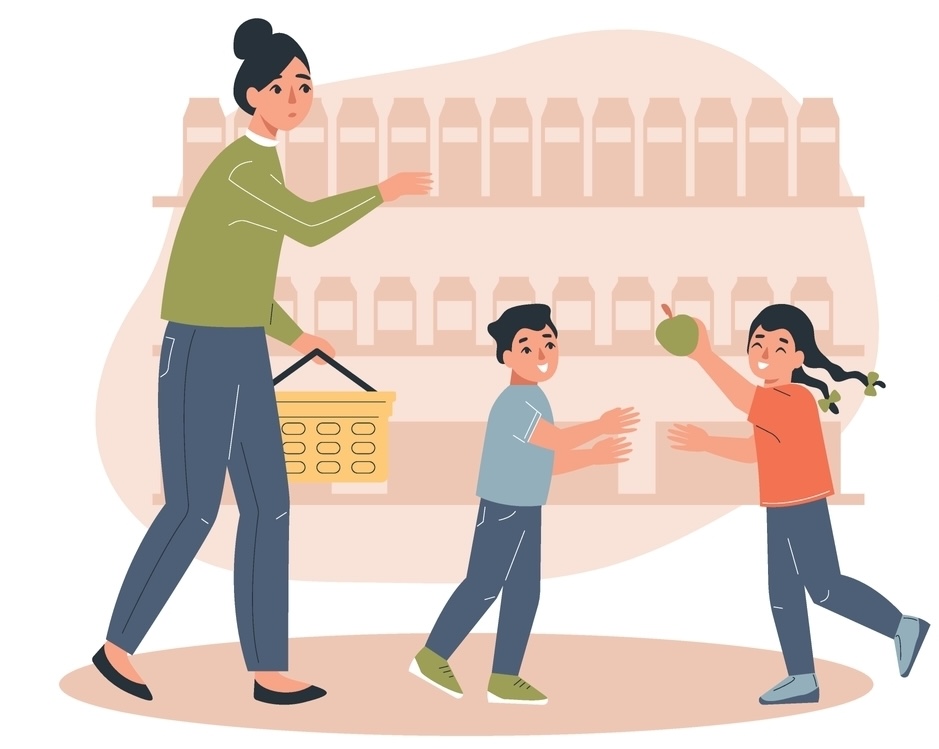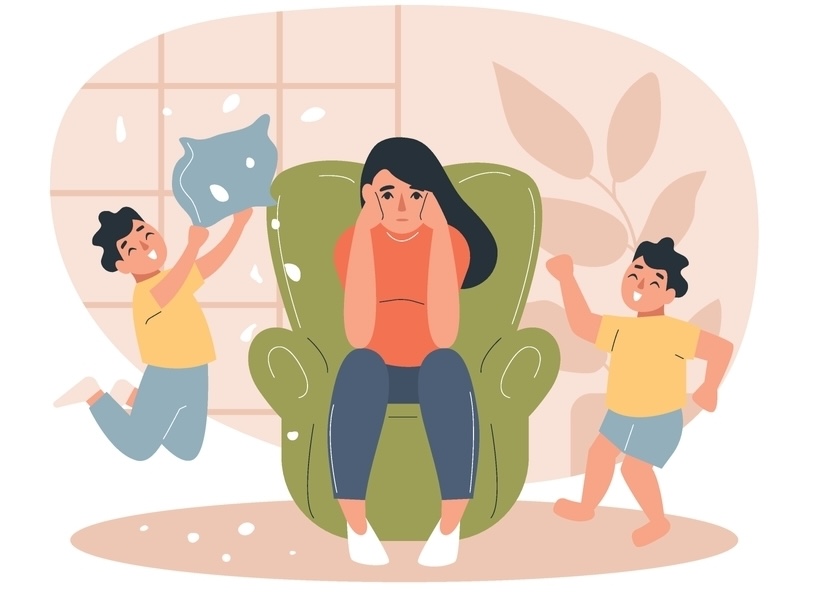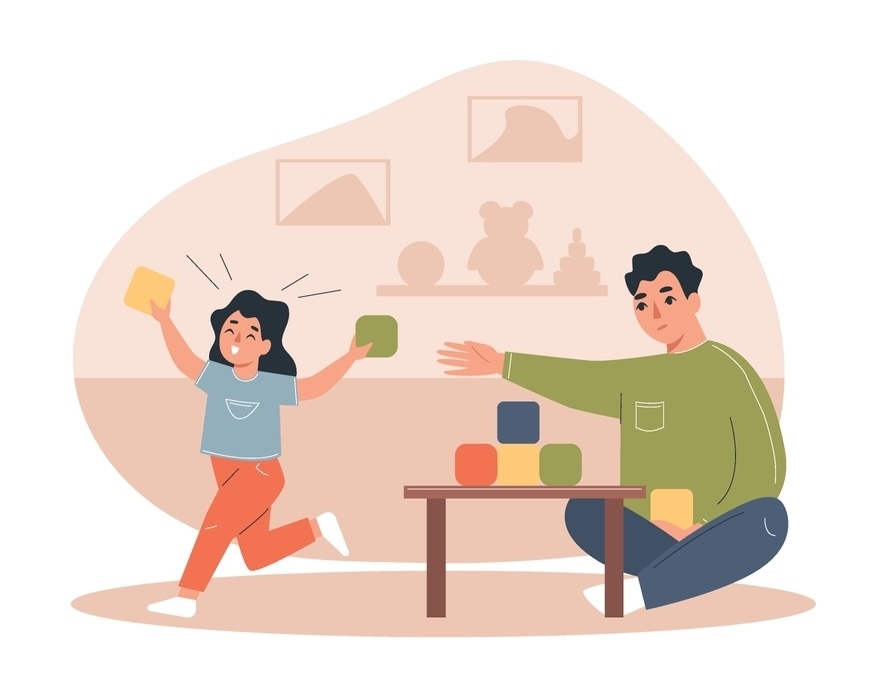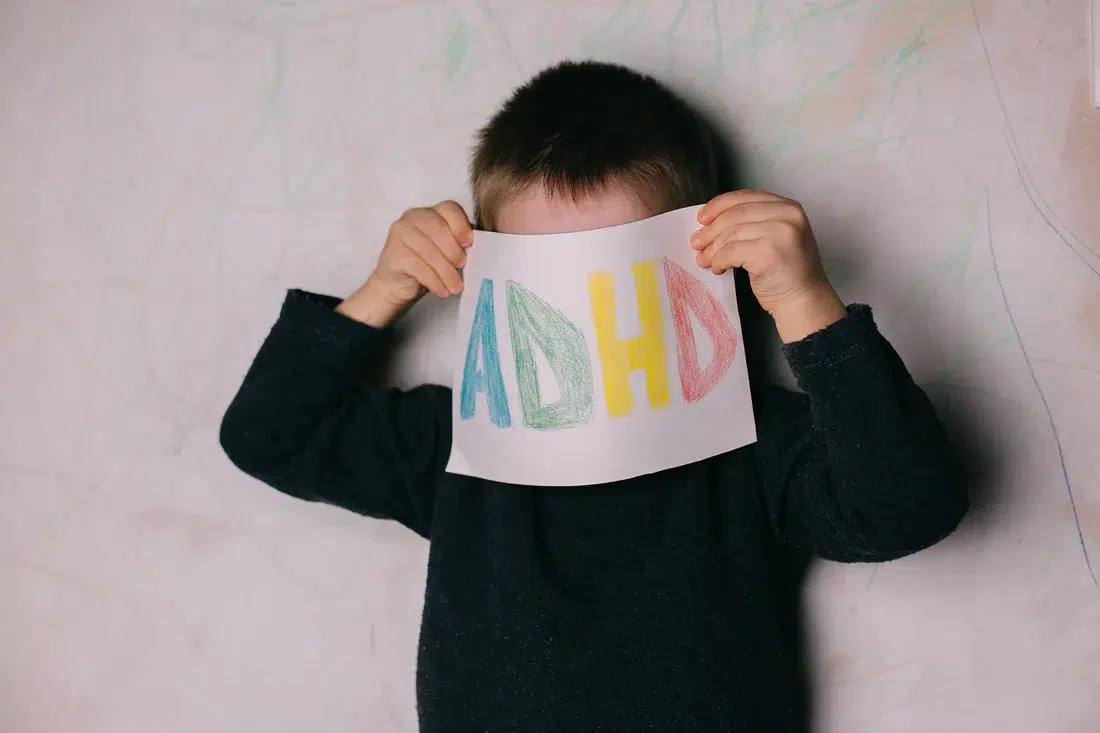
Blog
Is it Sensory Processing or ADHD?
Author: DrSensory Team
September 5, 2024
Is it Sensory Processing or ADHD?
Parents, educators, and therapists often face a perplexing challenge when trying to distinguish between Sensory Processing Disorder (SPD) and Attention Deficit Hyperactivity Disorder (ADHD). Both conditions exhibit overlapping symptoms that can make diagnosis difficult. However, they are distinct disorders that require different approaches for effective management.

Understanding the Sensory Integration Process
Before we explore the differences and similarities between SPD and ADHD, it’s crucial to understand sensory integration. Sensory integration refers to the way our brain organizes and interprets sensory information from our environment. This includes sights, sounds, smells, tastes, and tactile sensations, as well as internal bodily sensations like pain or temperature.
People with Sensory Processing Disorders struggle with processing and responding to this sensory information, which can lead to discomfort, distraction, or even avoidance of certain activities.

Differences between SPD and ADHD
Sensory Processing Disorder (SPD)
Symptoms:
- Overreaction or underreaction to sensory stimuli (e.g., loud noises, bright lights)
- Difficulty with coordination and motor skills
- Challenges in daily activities like dressing or eating
- Frequent meltdowns or emotional outbursts triggered by sensory overload
Causes:
- While the exact cause is not known, genetics and environmental factors are believed to play a role.
Treatment:
- Sensory Integration Therapy
- Occupational therapy
- Developing a sensory diet tailored to the individual’s needs
Attention Deficit Hyperactivity Disorder (ADHD)
Symptoms:
- Inattention (difficulty staying focused, disorganized, easily distracted)
- Hyperactivity (excessive movement, fidgeting, talking non-stop)
- Impulsivity (acting without thinking, interrupting others)
Causes:
- Genetic factors are strongly implicated, along with possible environmental influences and brain structure abnormalities.
Treatment:
- Behavioral therapy
- Medication (stimulants and non-stimulants)
- Psychological counseling

Similarities between SPD and ADHD
While SPD and ADHD are different conditions, they share several overlapping symptoms:
- Both can result in difficulties with attention and focus.
- Children with either condition might exhibit hyperactive or impulsive behaviors.
- Sensory sensitivities are common in both disorders, leading to similar behavioral challenges.
These overlapping symptoms can often complicate the diagnostic process, making it essential for professionals to conduct comprehensive evaluations.
Can You Have Both Diagnoses?
Yes, it is possible to have both SPD and ADHD. Studies show that a significant number of individuals diagnosed with ADHD also experience sensory processing challenges. Having co-occurring SPD and ADHD can amplify difficulties in daily functioning and require a more nuanced treatment plan.
What is a Sensory Diet?
A sensory diet is a personalized plan designed to provide the sensory input a person needs to stay focused and organized throughout the day. Developed by an occupational therapist, a sensory diet includes activities that help regulate sensory experiences, such as:
- Deep pressure activities (e.g., weighted blankets, tight hugs)
- Sensory breaks (e.g., jumping on a trampoline, swinging)
- Calming strategies (e.g., listening to soft music, deep breathing exercises)
Effective Treatment Approaches
Treating Sensory Processing Disorder (SPD)
Sensory Integration Therapy: Designed to improve the way the brain processes and responds to sensory information.
Occupational Therapy: Helps develop skills needed for daily activities and academic success.
Sensory Diet: Incorporates structured activities to manage sensory needs throughout the day.
Treating Attention Deficit Hyperactivity Disorder (ADHD)
Behavioral Therapy: Focuses on changing specific problematic behaviors and developing coping strategies.
Medication: Stimulants and non-stimulants can help manage symptoms by affecting neurotransmitter activity in the brain.
Psychological Counseling: Provides support for emotional and psychological challenges associated with ADHD.

Distinguishing between Sensory Processing Disorder and ADHD can be challenging, but understanding the unique and overlapping characteristics of each can aid in accurate diagnosis and effective treatment. If you suspect your child or patient may be struggling with either or both of these conditions, consult with a healthcare professional for a comprehensive evaluation.
For further guidance and support, consider booking a consultation with our experienced therapists who can help design a tailored intervention plan. Let’s work together to ensure every child achieves their full potential.

related blogs
Your child is constantly moving, crashing into furniture, or having meltdowns in response to seemingly minor things like a loud
Your toddler refuses to wear certain clothes, has huge meltdowns in noisy places, or is an extremely picky eater, limited
Your child seems to miss verbal instructions, struggles to follow conversations in noisy environments, and often asks "what?" even when
On the surface, autism and Ehlers-Danlos syndrome (EDS) might seem like two entirely unrelated conditions. One is a neurodevelopmental condition
The intense head pain begins, lights feel blindingly bright, and every sound seems amplified to an unbearable level. You retreat











































































